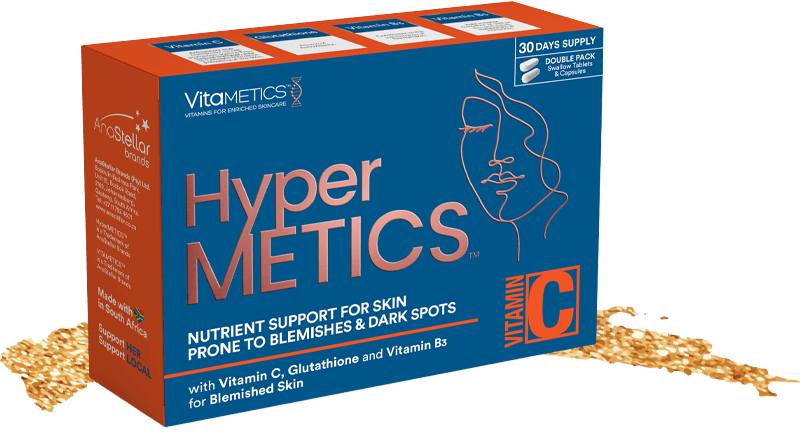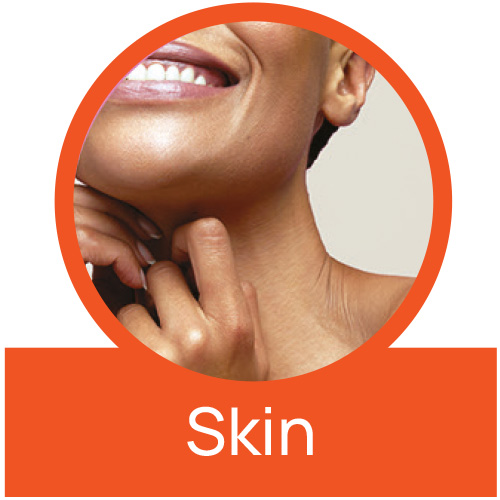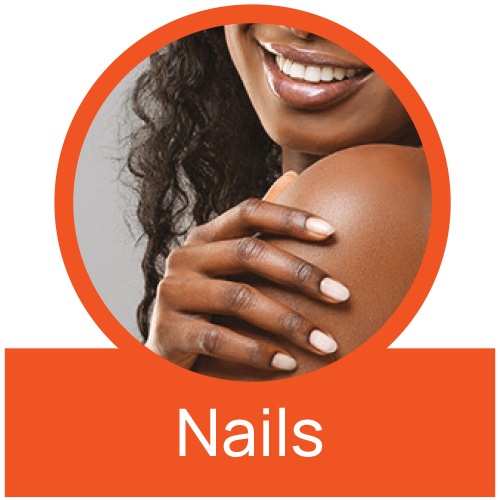


With Vitamin C, Glutathione and Vitamin B3 for Blemished Skin.

Promotes hair growth, thickness and strength.
Prevents and reduces hair loss.

Brightens skin tone.
Regulates production of Melanin (skin pigment).
Improves skin appearance and elasticity.
Prevents dry skin by reducing water loss.

Increases nail thickness and hardness.
Nappi Code: 3005450001
Barcode: 6009880503223

Blemishes and Dark Spots, also known as Hyperpigmentation, are common skin concerns that can affect people of all skin types and ages. Blemishes can refer to any type of spot, including acne scars, while Hyperpigmentation specifically refers to areas of skin that are darker than the surrounding skin. These Dark Spots can be caused by a variety of factors, including sun damage, hormonal changes, and inflammation. Proper skincare, such as using sunscreen and avoiding excessive sun exposure, can help prevent the formation of new Blemishes and Hyperpigmentation.

Blemishes and dark spots, also known as hyperpigmentation, are caused by an overproduction of melanin in the skin. Melanin is the pigment that gives our skin its colour, and when it is produced in excess, it can result in patches of skin that are darker than the surrounding skin. Some common causes of hyperpigmentation include:
It’s important to protect your skin from sun exposure and to practise good skincare habits to prevent the development of blemishes and dark spots. If you are struggling with hyperpigmentation, there are a variety of treatments available, including topical creams, chemical peels, and laser therapy. It’s best to consult with a Dermatologist to determine the most effective treatment for your specific skin type and condition.
Preventing new blemishes and dark spots (hyperpigmentation) from forming can be achieved by taking steps to protect your skin from the sun, reducing inflammation, and maintaining good skincare habits. Here are some specific tips:
If you are struggling with hyperpigmentation, it’s important to consult with a Dermatologist to determine the most effective treatment for your specific skin type and condition.
